Pain is Common & Constant: The Impact on Quality of Life
In September of 2019, Health Union (the parent company of HepatitisC.net) partnered with the US Pain Foundation for our first ever Chronic Pain In America survey to ask members of our communities about their experiences with chronic pain and what they wish others knew about their pain. 4,725 people living with chronic pain completed the survey and shared how pain impacts their life, from their work and employment status to changed relationships with family and friends.
More than 8 in 10 respondents shared that their life has changed significantly as a result of their pain. These life changes have a large impact on quality of life and affect both physical and mental health.
Does chronic pain ever stop?
Chronic pain is a constant companion. The levels of pain may vary day to day, but for most, at least some pain is experienced on a daily basis. Back or neck pain was the most common diagnosis, with over 2/3 of respondents having been diagnosed with this. Additionally, 78% of respondents shared that they have experienced pain for at least 5 years.
Does pain change a person’s life?
The short answer is yes. Over 8 in 10 people shared that their life has changed significantly as a result of pain. Chronic pain impacts both physical and mental health and only 24% of respondents stated that they feel control of their life despite their pain.
What does a “normal” day with pain feel like?
Unfortunately, for many, a “normal” day is still really painful. Respondents shared that the pain they experience on a normal day makes it difficult to get out of bed in the morning or to do whatever they want to accomplish that day. But for many, they don’t have a choice. They push themselves through the pain daily leaving them exhausted, only to do it all again the next day.
Pain interferes with work, relationships, and more
Pain has affected work and career for over 2/3 of people who participated in the survey. On top of that, many reported changed relationships with family or friends and limitations when it comes to new places or spending time with others. All of this has a large impact on quality of life and what they are able to do day to day.
Dealing with chronic pain
Many respondents shared what they wish they had done sooner or advice that they would give to their former selves about pain. Responses ranged from sharing that they should have asked for help sooner or taken better care of their bodies to wishing that they had better advocated for themselves. When it comes to treatment, some expressed being more assertive about early treatment whereas others wish they had been more patient in finding the right treatment.
The Chronic Pain in America 2019 survey was conducted online from mid-September through mid-October of 2019. 4,725 respondents were recruited from Health Union’s Community channels, as well as the US Pain Foundation’s member touchpoints.
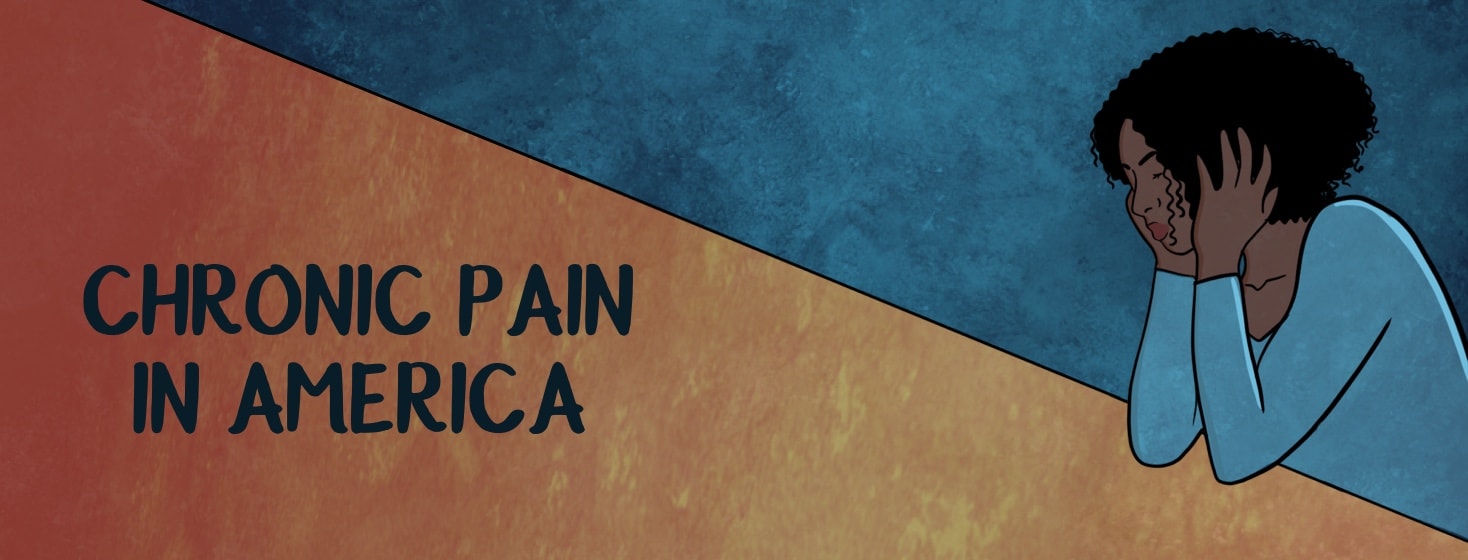
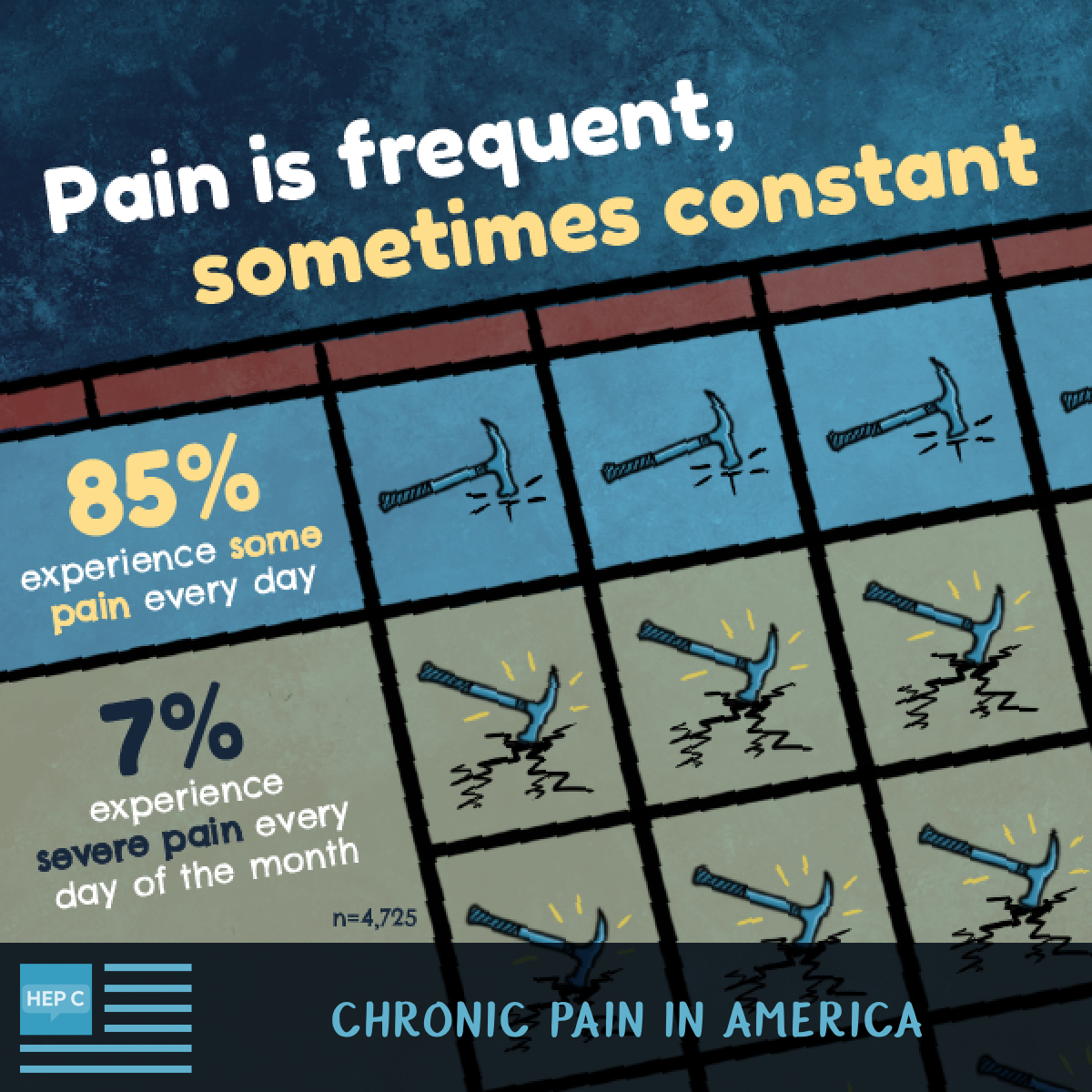
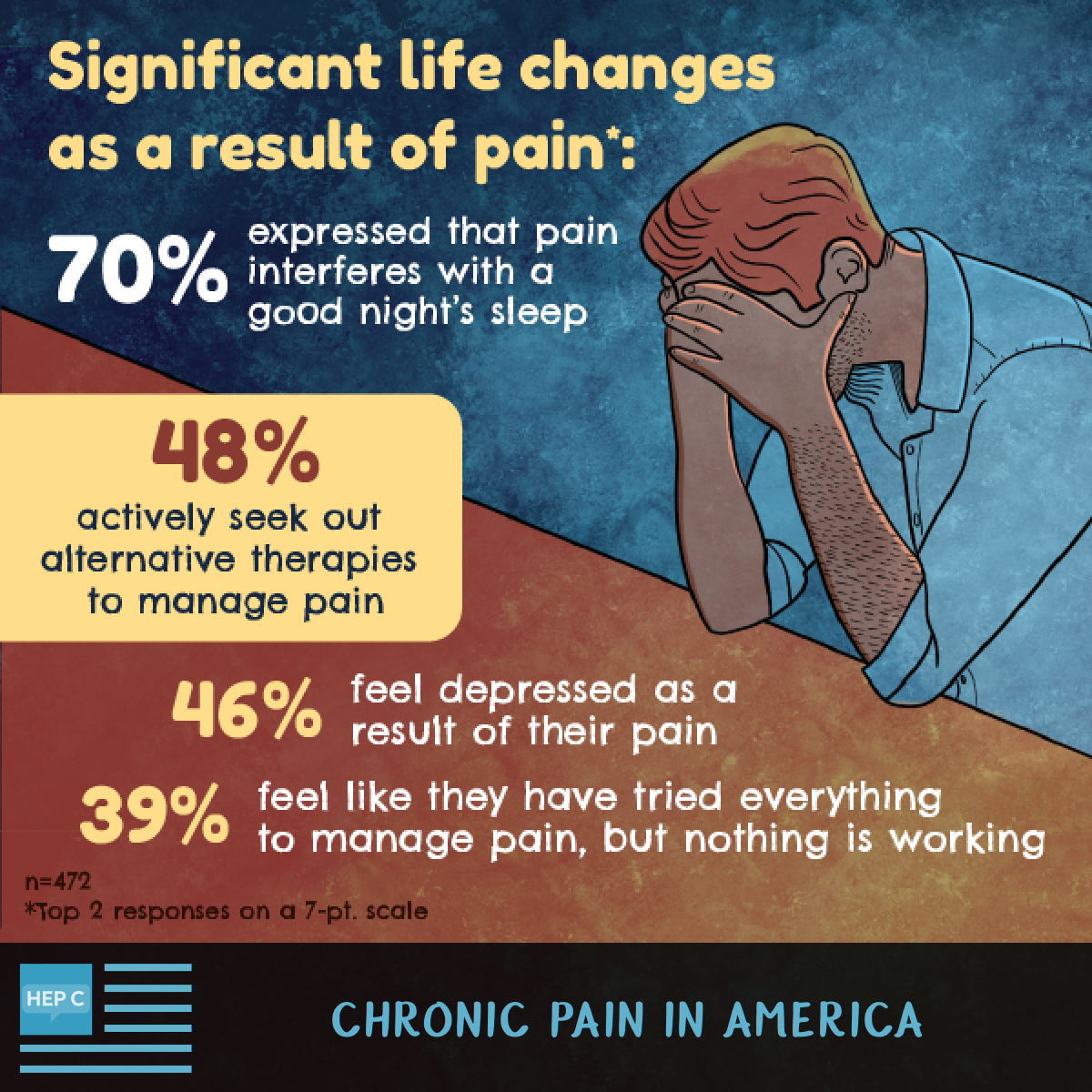
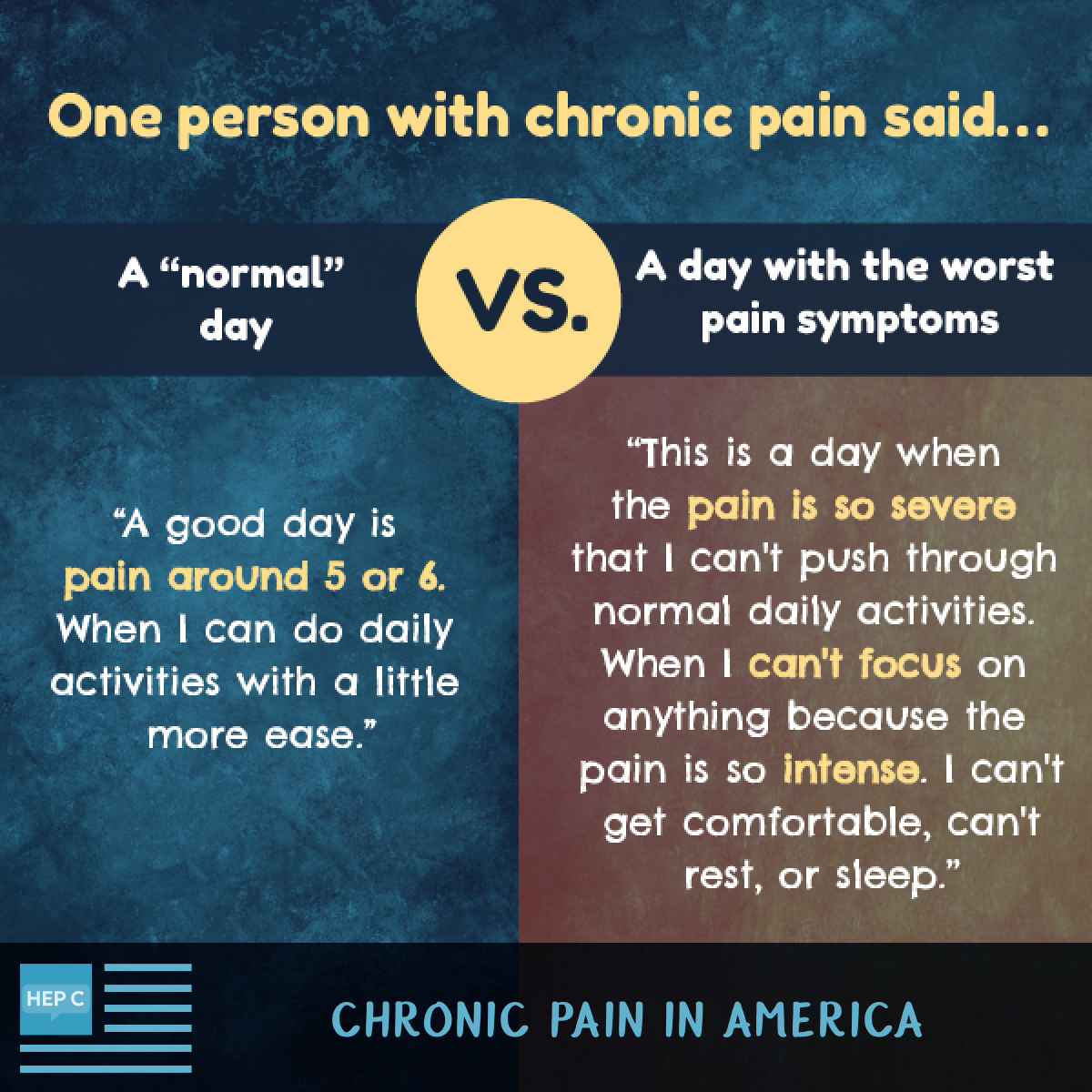
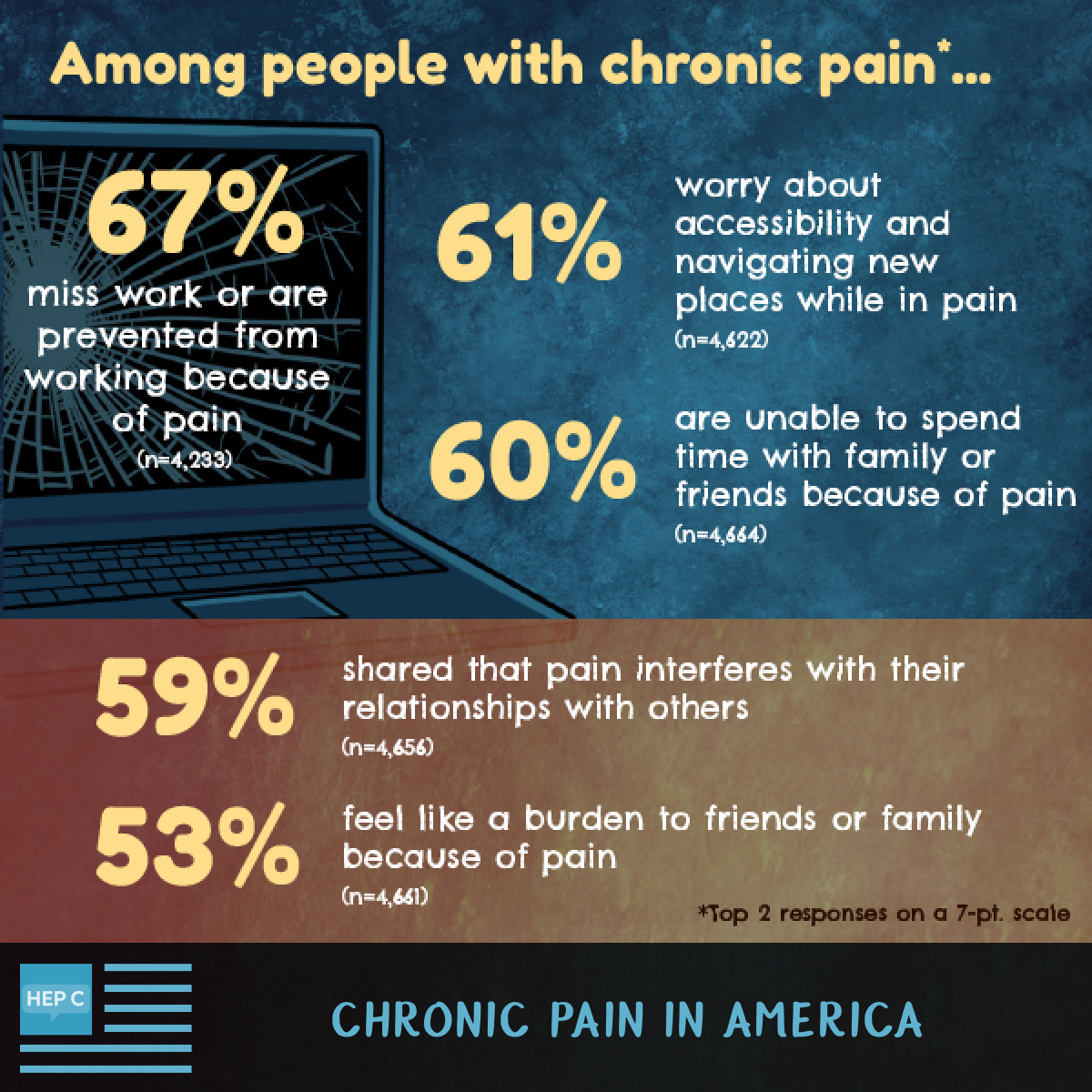
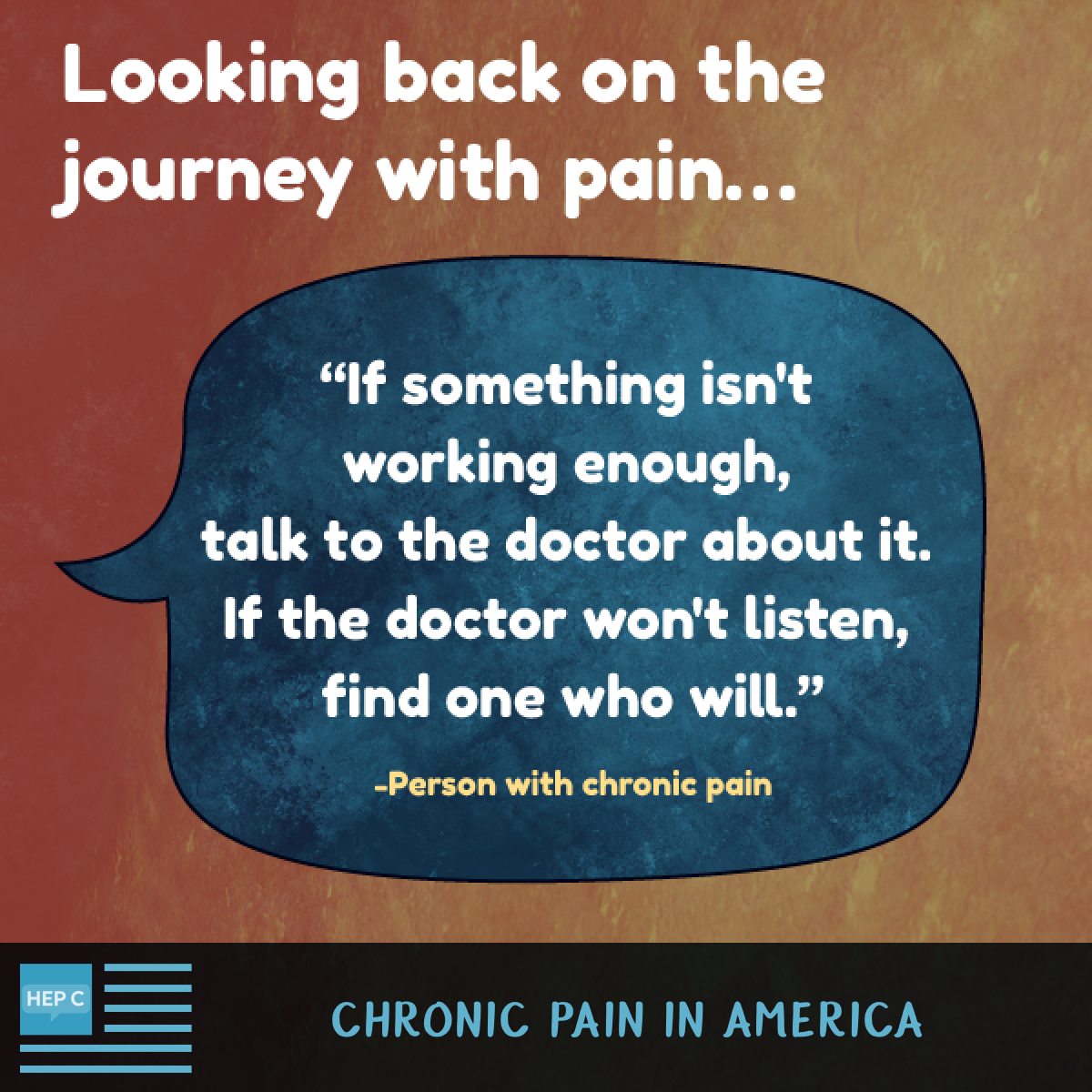
Join the conversation